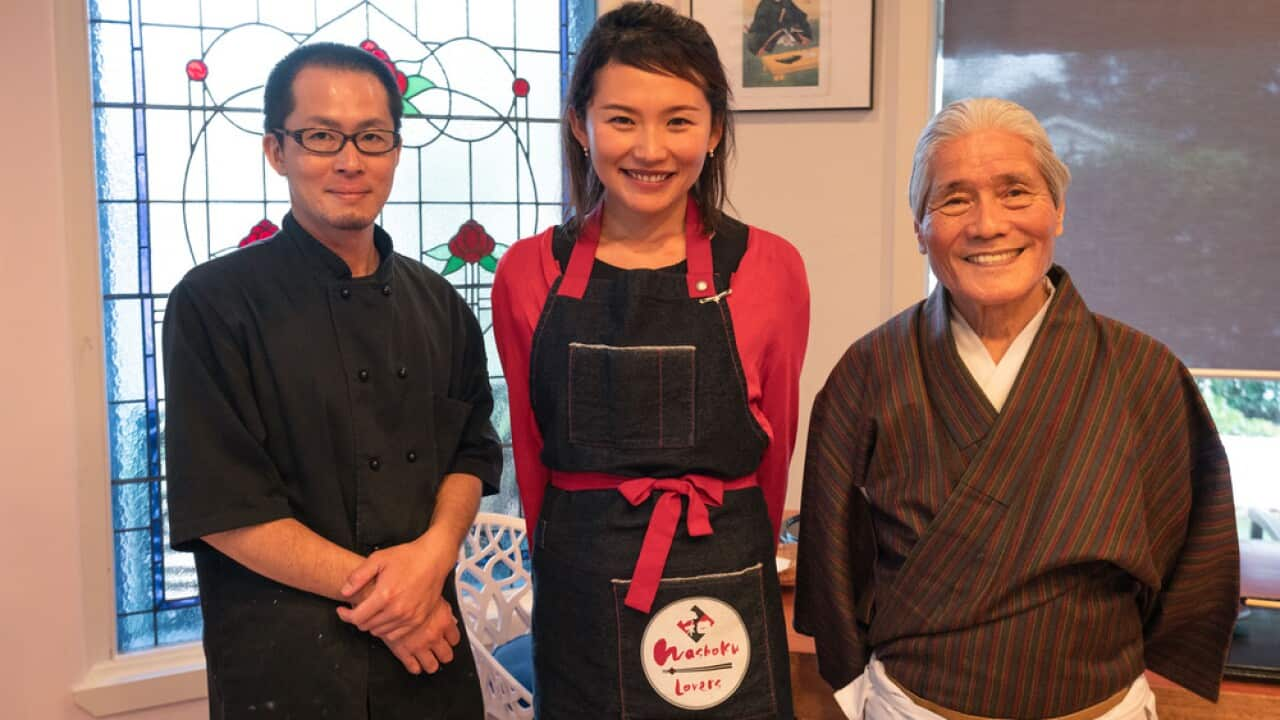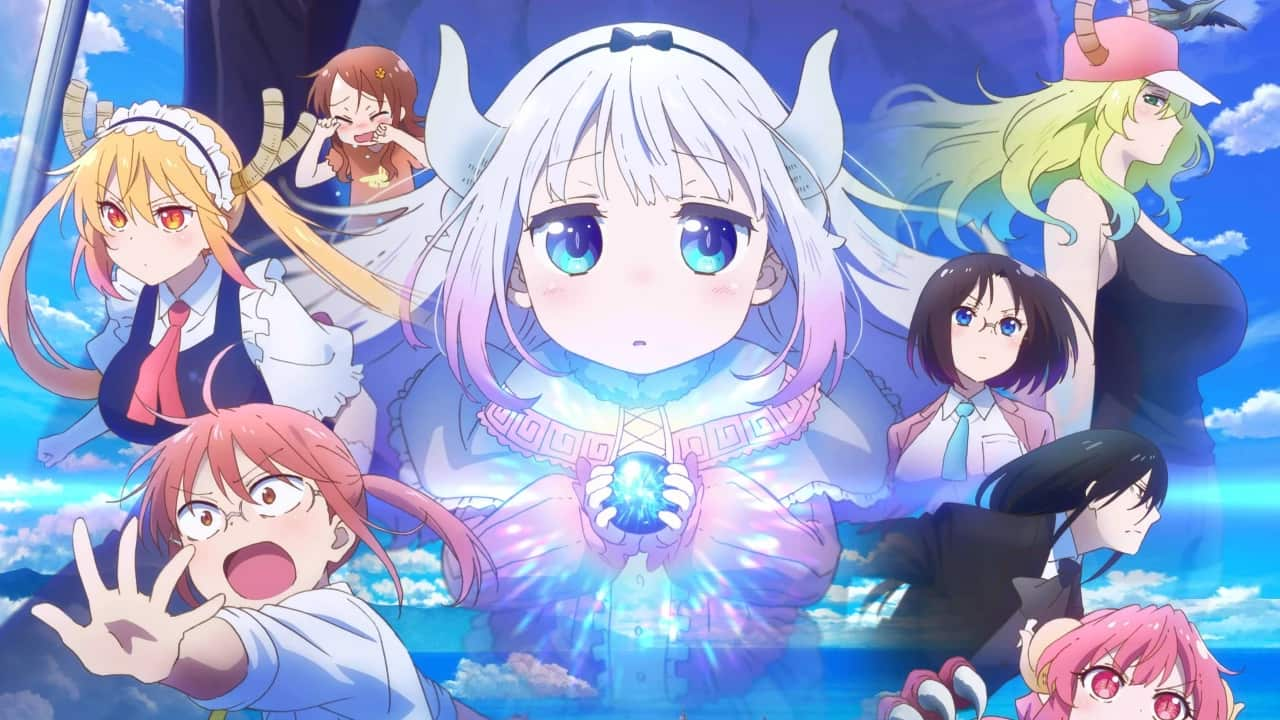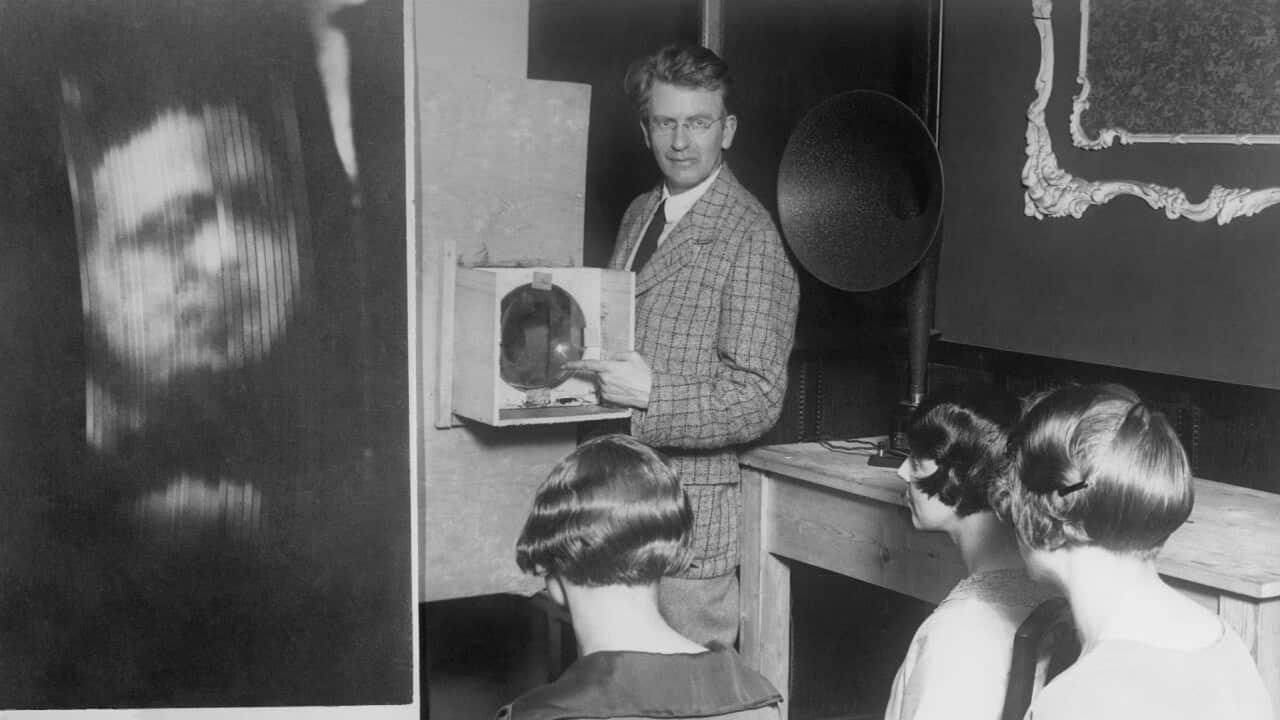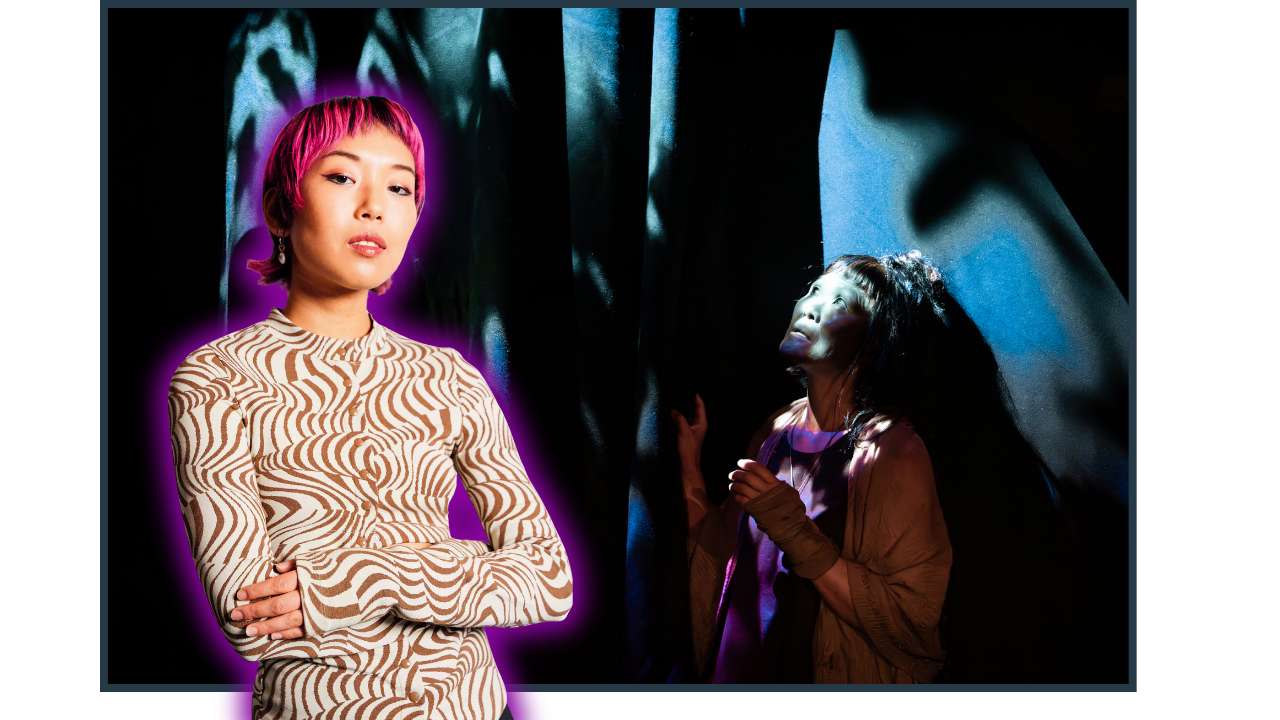Key points
- Different generations of Japanese chefs are coming together to master and promote Washoku in Australia
- The pioneers of Japanese cuisine in Australia say Washoku involves years of discipline
- Conversations about the Japanese culture allows deeper insight into the world of Washoku
A rise in a new breed of Japanese chefs - dubbed "the third-generation chefs" - is making its presence felt in the Australian hospitality industry.
They are not third-generation migrants but chefs who began their career in the Australian hospitality industry before venturing out on their own. Often in their late 30s to early 40s, their deep understanding of both the traditional cooking and the local industry, make their skills unique.
Opening her own restaurant ‘Juan Bowl and Tea’ at 36, Anna Ishiguro is one of them. She has taken ‘Don’ (a Japanese rice-bowl-dish) to a new level.
“Don dishes are often given a fast-food like status in Japan,” she says.
However, with some creative presentation, she has turned an ordinary don into an Instagram-worthy dish. Her Matcha Tiramisu is served in masu - a traditional wooden container, often used for drinking sake on special occasions, such as weddings.
Like Anna, many of the third-generation chefs are creative, unafraid to experiment, and eager for continuous learning. They may not have gone through years of traditional training in Japan, but their knowledge and passion for Washoku are unwavering. In fact, they often share a strong sense of responsibility when it comes to passing the correct Washoku skills to the wider Australian community.
Hideo Dekura, who is considered a pioneer of Japanese food in Australia and has written 18 cookbooks under his name, says Washoku involves years of discipline.
"In a multicultural country such as Australia, being too focused on business alone could lead one to half-baked fusion food,” says the veteran of Japanese culinary craft whom many younger chefs call “sensei”.
He believes that a "high level of understating of Washoku, even to the spiritual level, is the key to authenticity".
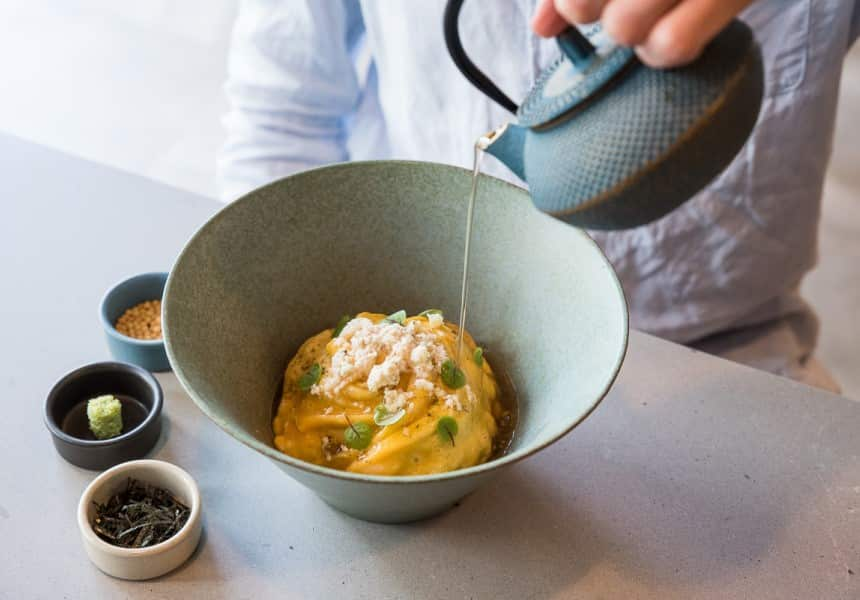
Bringing together these different generations of Japanese chefs is the Washoku event ‘First Chefs' Chat in Australia’, organised by Washoku Lovers. In their recent inaugural event, many third-generation chefs gathered to learn from the head chef of Shiki Restaurant, Takumi Kawamoto.
Takahiro Teramoto, who runs Teramoto and Kuro Bar and Dining, says it is a great opportunity for the younger generation to come together to learn and exchange valuable information and ideas.
“Although there are still things to improve, participating in such events is an important first step in further developing Washoku in the Australian community.”
Yuri Tazunoki, CEO of Washoku Lovers, says: “This is a place for the younger generations to learn from the masters. We must acknowledge and respect that without these masters, Washoku will not be so well recognised as it is today.”
“However, it is also a place for the younger generations to discuss and share their own ideas and experiences. There are valuable lessons and knowledge to learn from all sides.”
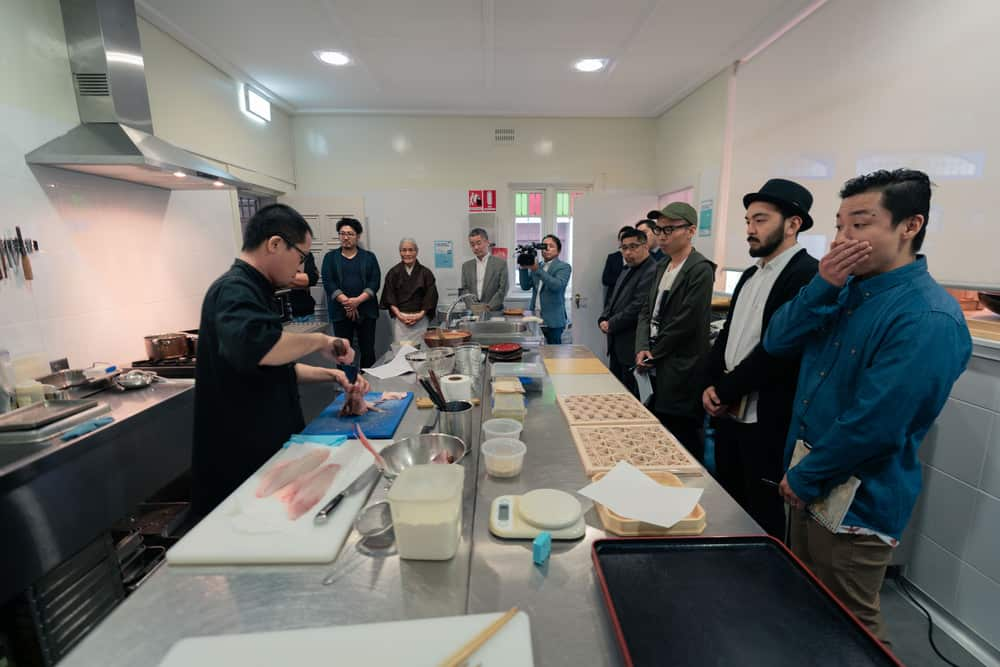
Yuri says she would like to hold such event for non-Japanese chefs as well in the future.
“I am happy to see many chefs introducing our culture to the people of Australia, and if they want to learn more and go deeper into the world of Washoku, then we as a community should provide such opportunities,” she says.
Hideo, who is also a trustee of this event, is now exploring various ways to bring these chefs together, to raise the bar of Washoku in Australia.
He believes that the key lies in the conversations; to talk about Japanese culture beyond cooking while respecting the differences in various food cultures in Australia. It is these conversations that often bring deeper insight into the world of Washoku.
You can listen to the Japanese podcast here
